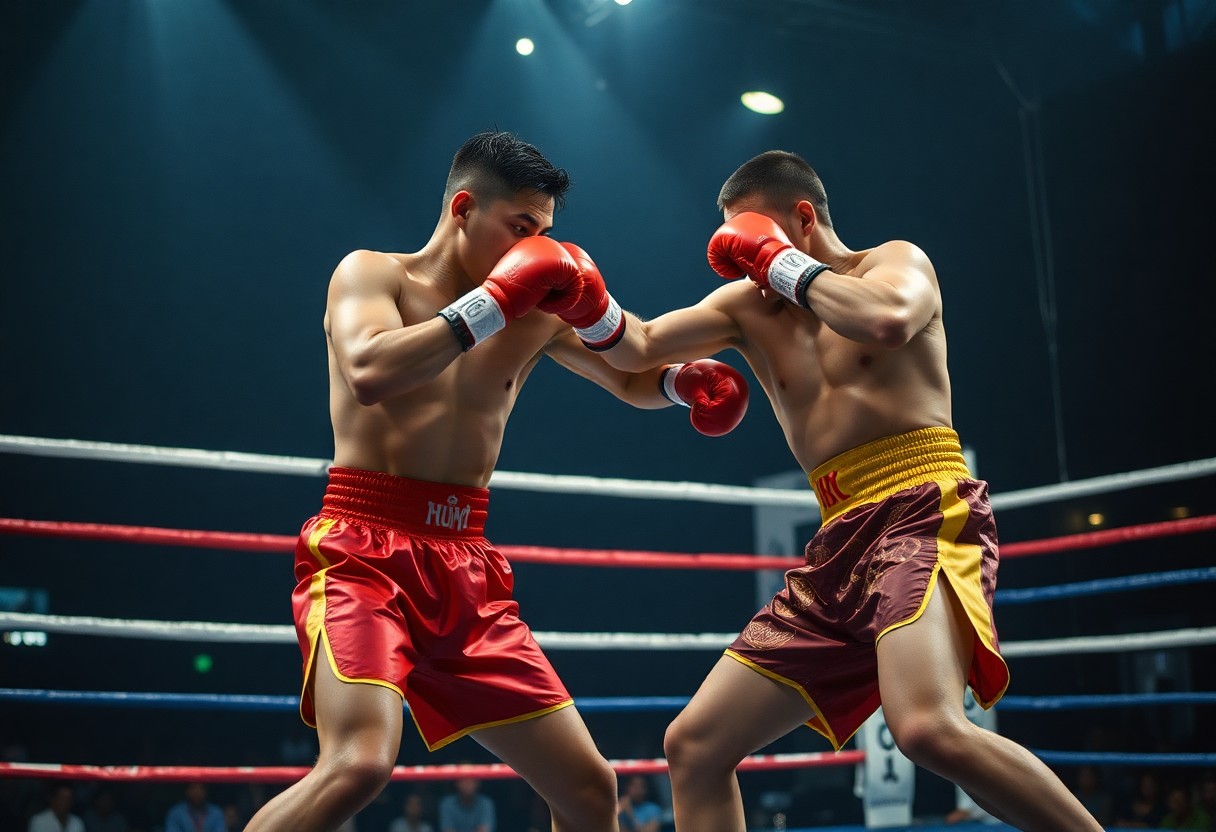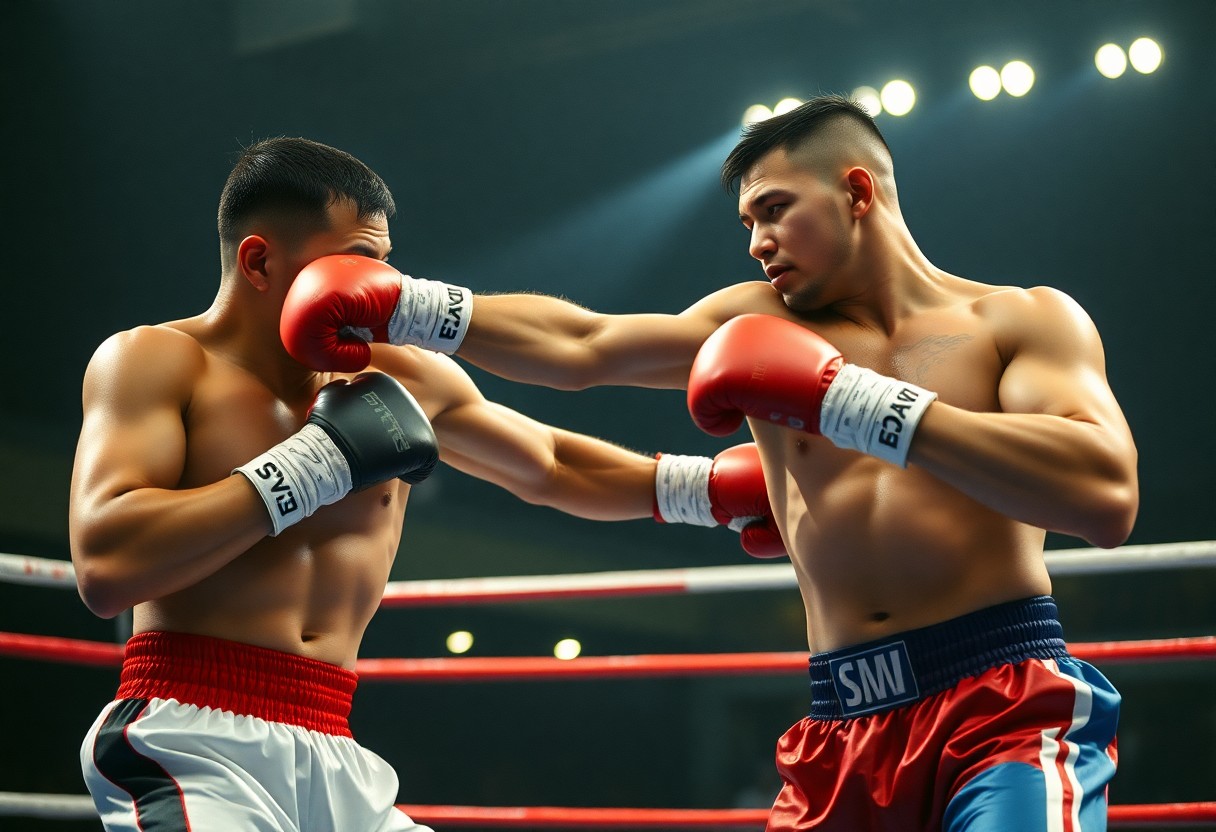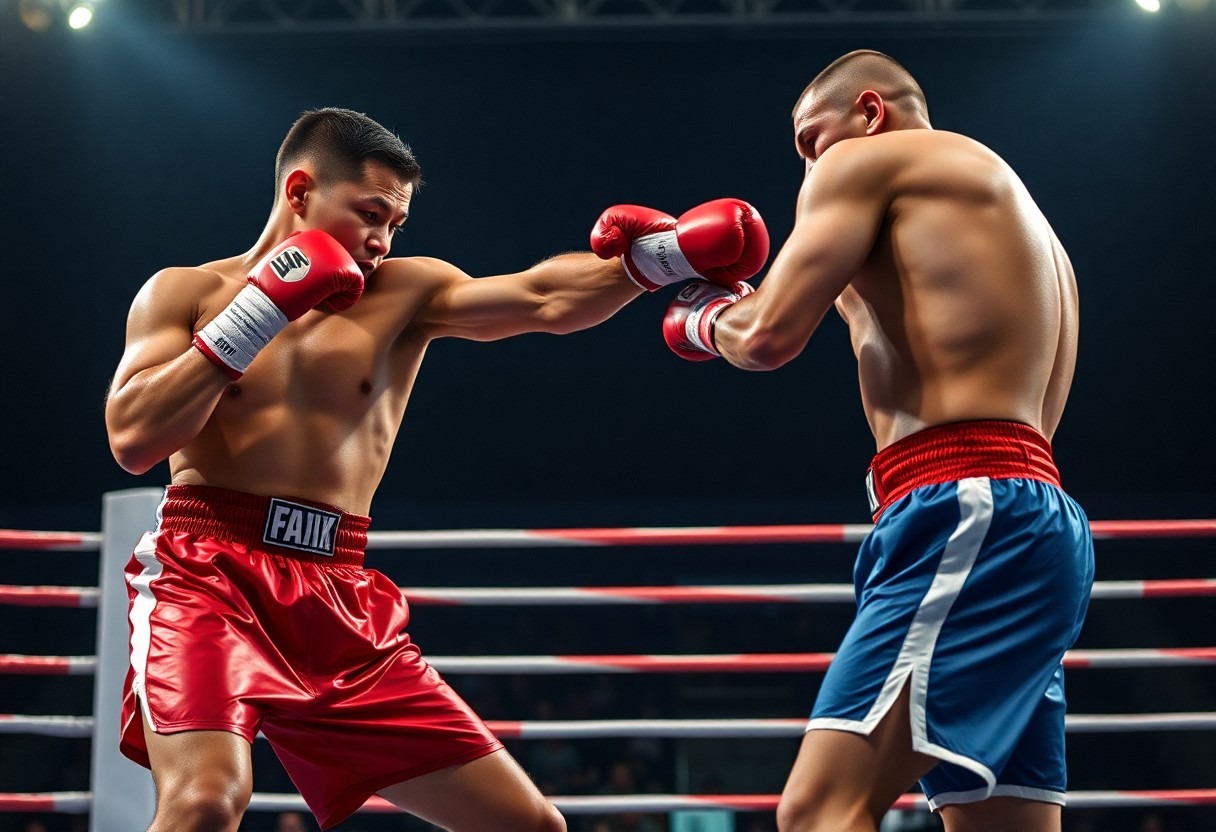
Over the last decade Muay Thai betting in Hong Kong has surged as fans and investors engage new markets, with rapid expansion driven by digital platforms and cross-border interest; This boom brings regulatory scrutiny and problematic unregulated markets alongside increased revenue and mainstream exposure for Muay Thai betting.
The Cultural Phenomenon of Muay Thai in Hong Kong
Hong Kong’s Muay Thai (wikipedia) scene traces roots to Thailand’s centuries-old art, celebrated for the “eight limbs” striking system. Urban gyms and fight nights turned Muay Thai into a visible subculture, with amateur cards and private bouts fueling a growing fanbase. Bettors increasingly factor technical elements—clinches, leg kicks, and elbow strikes—into wagers, shaping modern Muay Thai betting markets.
The Influence of Muay Thai on Local Sports Culture
Cross-training in Muay Thai has reshaped Hong Kong gyms, feeding MMA talent pipelines and community programs that attract youth and expats; attendance at small pro shows now rivals kickboxing nights. Local promoters and bettors study fight film and camp reports, using tools from boxing markets to price lines for Muay Thai betting, while the sport’s intensity raises injury risk awareness among trainers.
Sharp bettors focus on measurable predictors: fight records (e.g., 20‑3), weight cut history, reach, clinch success and whether a bout is three or five rounds; those factors drive pre-fight odds and live markets. Monitoring training footage, recent leg-kick damage and camp changes produces clearer models for Muay Thai betting, and sudden odds swings often signal late information such as camp injuries or makeweight problems.
The Explosion of Betting Markets
Asian operators expanded Muay Thai betting offerings rapidly between 2020–2024, with many platforms listing 5–10 markets per fight instead of single-win lines; markets now include round props, method-of-victory and live totals. SBOBET and 188BET led listings for Hong Kong punters, while increased streaming of stadium cards boosted turnover, driving a double-digit annual growth in listed Muay Thai betting markets.
Growth of Online Betting Platforms
Mobile apps introduced instant in-play odds and cash-out tools, turning single bets into continuous engagement: many operators report in-play liquidity surges on rounds 2–4 when styles clash. Platforms added micro-markets, algorithmic pricing and live video of Rajadamnern/Lumpinee cards, enabling Hong Kong accounts to place Muay Thai betting stakes in real time with competitive margins and faster settlement.
Key Players in the Muay Thai Betting Scene
Major international operators (SBOBET, Betfair-style exchanges and 188BET) dominate online Muay Thai betting volume, supported by Hong Kong-based bookies and syndicate tipsters who move odds quickly. Broadcasters and OTT partners supply live data feeds, increasing market depth; sharp books adjust limits within minutes when large stakes appear, shaping available odds for local bettors.
Market concentration gives these players pricing power: top operators often offer the widest set of props and capture the majority of turnover on stacked cards, while smaller bookmakers focus on niche prop markets. Persistent match-fixing risk and opaque grey markets mean liquidity can evaporate rapidly; for newcomers, guides on how to approach combat markets like this one can help when learning Muay Thai betting strategies (bet on box).
The Mechanics of Muay Thai Betting
Market depth in Muay Thai betting varies between international sportsbooks and local Hong Kong operators, with pre-match markets often offering standard lines while live markets show rapid price movement as clinches, elbows and cuts shift probabilities. Liquidity, bookmaker exposure, and televised card size directly affect available stakes and margin, driving where professional punters allocate capital.
Understanding Betting Odds and Payouts
Odds convert to implied probability—decimal 2.50 equals 40% implied chance; a $100 stake returns $250 (profit $150). American +150 equals the same as decimal 2.50, while −150 means a $150 stake to win $100. Bookmakers collect a vig (house edge) that reduces expected payout; specialized guides can help novices learn staking and payout math.
Popular Betting Formats in the Muay Thai Scene
Moneyline, total rounds (over/under), round-by-round, method-of-victory (KO/TKO/decision), and proposition bets like first strike or knockdown are dominant in Muay Thai betting; parlays and handicaps appear on bigger cards. Method and round markets carry higher variance and often wider margins, attracting experienced bettors seeking edges through film study and round-timing patterns.
For example, on smaller Hong Kong cards a favorite win-by-decision market might sit at −200 while KO markets offer +250 or more, reflecting stylistic matchups and referee tendencies; exchanges show price swings in-play of 10–30% within a single round. Applying tight staking plans and focusing on specific formats where you track fighters improves returns in Muay Thai betting.
The Risks and Rewards of Betting on Muay Thai
Volatility defines Muay Thai betting in Hong Kong: fast finishes and clinch-heavy tactics create high variance outcomes where underdogs sometimes pay 3.0–5.0 on pre-fight lines. Market growth has brought more live in-play options and liquidity, but also greater swing risk within rounds; bettors who study fighter backgrounds and watch tape find edges others miss.
Financial Implications for Bettors
Bankroll exposure in Muay Thai betting should reflect the sport’s volatility: many books embed a house margin of ~5–7% on markets, and typical ROI for recreational bettors hovers below 5%. Professional approaches limit stake size to 1–2% of bankroll, track unit returns, and record variance by promotion and weight class to avoid rapid drawdowns.
Strategies for Successful Betting
Value hunting, line shopping, and specializing in regional promotions deliver the best long-term results in Muay Thai betting; prioritize fighters with consistent clinch control, elbow scoring, and recent activity, and exploit bookmakers slow to adjust to live momentum. Strong discipline on staking and selective markets beats volume betting.
Deeper strategy requires measurable inputs: track strike differential, clinch knockdown rates, layoff length, and finish percentage by round—data that can flip an opening 2.5 line to a 4.0 edge in specific matchups. Case study: a Hong Kong bettor profited by backing southpaw counter-strikers at +220 across three regional cards in 2023 after identifying poor matchup adjustments by local books; systematic record-keeping and live cash-out rules then preserved gains.
Regulatory Changes and Their Impact on Betting Practices
Recent regulatory shifts have reshaped how Muay Thai betting operates in Hong Kong: tighter anti-money laundering and KYC requirements have pushed volume toward licensed channels, while demand for niche markets grows alongside the sport’s popularity. Offshore operators adapting to enforcement gaps increase market fragmentation, creating both opportunities for compliant operators and risks from unregulated bookmaking for local bettors.
Current Legal Landscape in Hong Kong
Gambling activity is governed by the Gambling Ordinance (Cap. 148) and the Hong Kong Jockey Club retains legal pari‑mutuel betting rights for horse racing, football and lotteries, limiting licensed avenues for Muay Thai betting. Enforcement targets unlicensed operators and payment channels, while many bettors use offshore sites or private bookies to access Muay Thai markets, exposing them to legal and financial risks.
Future Regulations and Market Predictions
Policymakers are assessing regulated online frameworks seen in other jurisdictions; a move toward a controlled licensing regime could channel Muay Thai betting into transparent, tax‑compliant platforms. Industry sources predict that regulated entry would raise integrity standards and attract institutional liquidity, but transition timelines remain uncertain and will determine market winners and losers.
Detailed proposals under discussion include mandatory parity checks, real‑time reporting to regulators and stricter affiliate rules, measures likely to shrink illegal turnover and boost licensed market share; operators preparing for change are already updating compliance teams and odds‑management systems to capitalise on a potential surge in Muay Thai betting.
Final Words
Taking this into account, the growth of Muay Thai betting in Hong Kong reflects shifting fan engagement and regulatory adaptation.+




